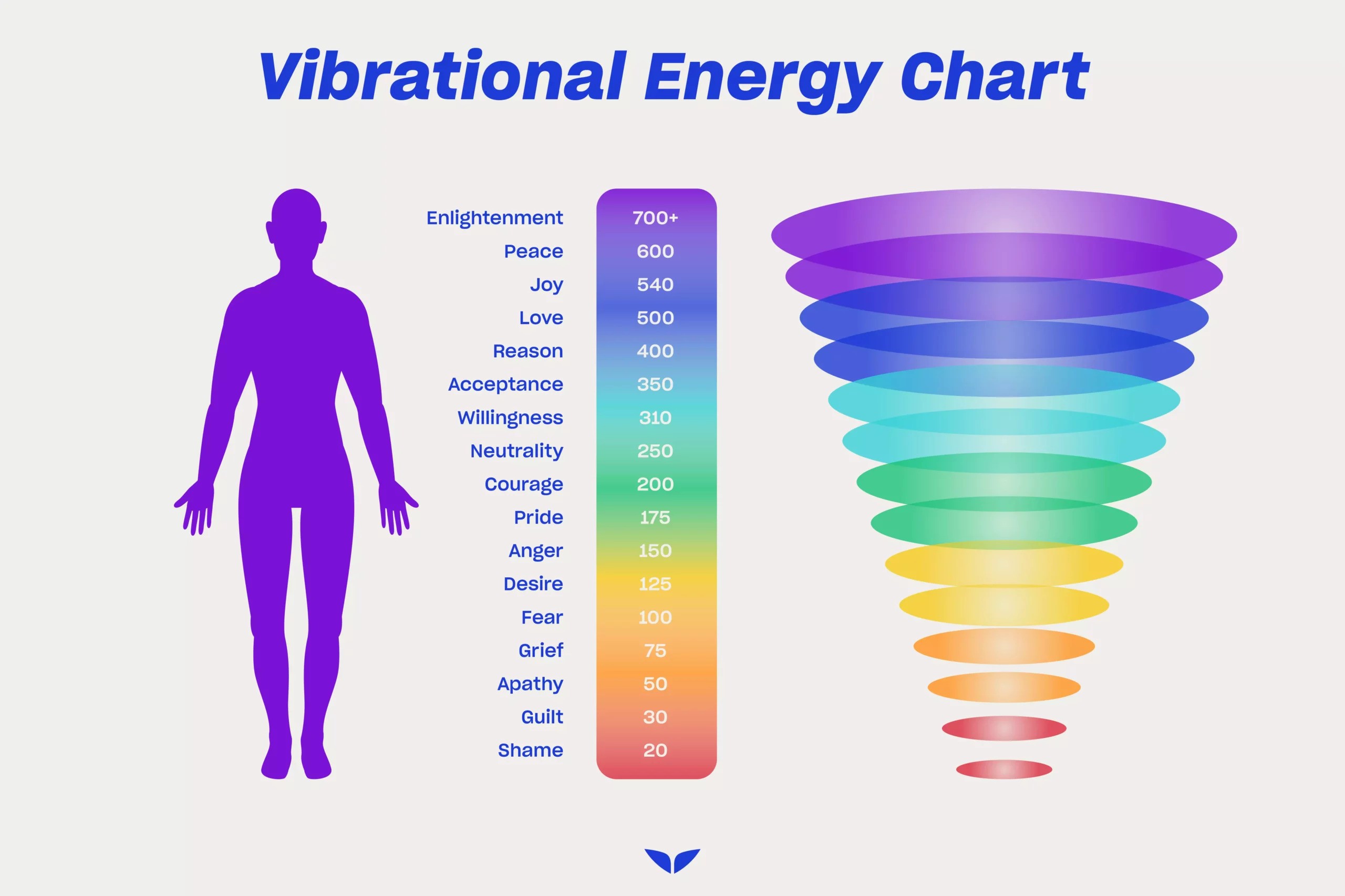How Much Time Should You Do Meditation A Day
Meditation has grown in popularity in recent years because it can help us enhance our mental and physical health. Regular meditation has been demonstrated to assist us to manage anxiety, stress, and emotions, according to research. People are becoming increasingly reliant on their meditation practice to help them feel centered and at ease.
Meditation for 40-45 minutes each day is commonly recommended in mindfulness-based clinical interventions like Mindfulness-Based Stress Reduction (MBSR). The Transcendental Meditation (TM) tradition suggests 20 minutes of meditation twice a day.
20-minute meditations are frequently recommended in interventions based on the Relaxation Response (Benson, 1975). Monks and nuns in Tibetan monasteries used to practice shamatha meditation (breath-focused meditation) for 10 or fifteen minutes at a time. This was done multiple times a day by the monks and nuns. These suggested numbers, on the other hand, aren't magical.
In this way, meditation looks to be similar to physical activity. There is no right amount of minutes to meditate, just as there is no optimum length of time to exercise. It's critical that the amount of time you spend doing either physical activity or meditation is sufficient to challenge you, but not so much that you feel disheartened or weary.
When It Comes to Meditation, How Often Should You Do It?
In the same way that we practice a skill with physical training, we practice it with meditation. The more we practice the skill, the better we become at it. As a result, if you can, meditate on a daily basis. You won't be sore afterward, unlike with exercise, therefore no days off are required. However, if you are unable to meditate on a daily basis, it is crucial to be gentle with yourself and not to punish yourself for having "inadequate discipline."
Meditation is most effective when we practice it on a regular basis, whether it be daily or less frequently. Maintaining that regularity throughout time permits us to develop a closer relationship with our minds than we might otherwise.
It's realistic to expect meditation to be beneficial if you dedicate 10 minutes every day to it. True, 20 minutes would probably be more beneficial. But keep in mind that if you set a goal to meditate for 10 minutes every day, if you reach that goal, you can always go for another 10 minutes if you like.
The benefits of meditation appear when you practice daily
Whether you prefer short or extensive meditation sessions, the advantages of meditation are priceless. Rather than obsessing over how many minutes, hours, or years you should sit, strive to maximize every practice opportunity. It's all about the quality of the product, not the quantity. Select a time that is free of distractions and noise. Mornings are typically recommended, but you can also add mini-meditations throughout the day or choose the evenings.
A daily sitting meditation practice can help you alter your life and achieve your goals. Meditation is not like school: there is no kindergarten and no graduation. For many individuals, it's more like brushing their teeth: it's difficult to picture going a day without it. And you do it because a) it's fun, b) it makes you feel better than skipping it, and c) it's obviously useful.
What Results Should I Expect?
When you meditate, what are the outcomes you hope to achieve? Do you desire to be at peace? Do you wish to use meditation to help you deal with worry and stress? Perhaps you're meditating to discover a deeper meaning? All of these are excellent reasons to meditate. Meditation might also assist you in achieving these goals.
However, it's equally critical to recognize that, like all good things, the results aren't always immediate. Meditation is both an art and a science. Yes, if you devote your complete focus to your goal and follow through with commitment and discipline, you will see results. There is no doubt in my mind. You must, however, be patient.
What is the ideal meditation duration?
According to meditation research, 13 minutes of meditation per session is sufficient to obtain advantages. Regularity, however, may be just as crucial.
Practicing for 13 minutes once every several months is unlikely to have the same results as practicing for 5 minutes every day. Finally, there is no such thing as a "magic number" for how long to meditate.
What matters most is that you choose a period of time that is:
- realistic
- practical
- replicable
- enjoyable
When novice meditators experienced favorable feelings following their initial exposure to meditation, their frequency and length of practice rose, according to a 2020 study.
In other words, if you enjoy your meditation and correlate it with happy feelings, you're more likely to persist with it.
This may seem self-evident, but many people believe that meditation must be difficult or hyperfocused in order to be beneficial. The truth is that the beauty of meditation happens when you discover the sweet spot between discomfort and calm.
The bottom line
There is no formula for defining the ideal meditation practice, as there is for many worthwhile endeavors.
While research suggests that 13 minutes is a good beginning point, there are a number of additional elements that influence how helpful your practice will be. Frequency, duration, and cultural importance are among them.
Remember that consistency is likely just as important as time, whether your practice is 5 minutes or 45. Furthermore, having fun with your practice is a crucial component of the path to presence.



